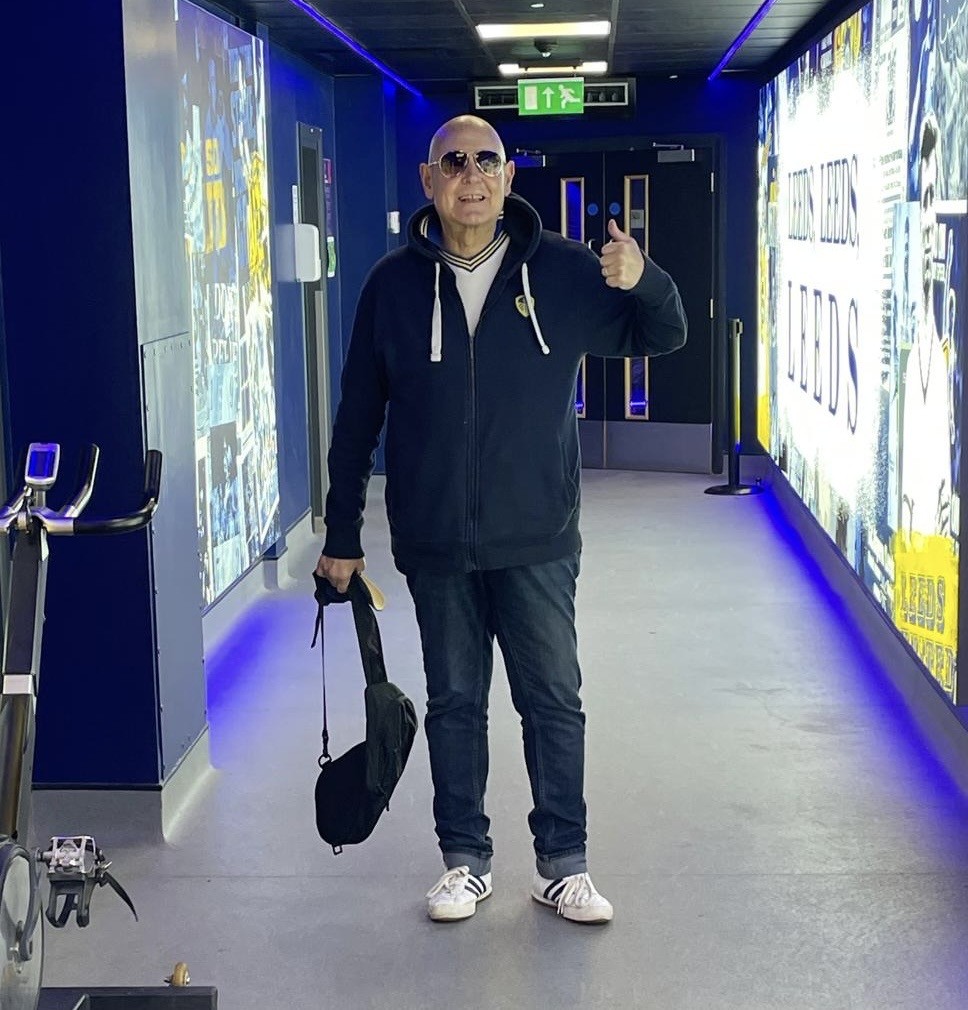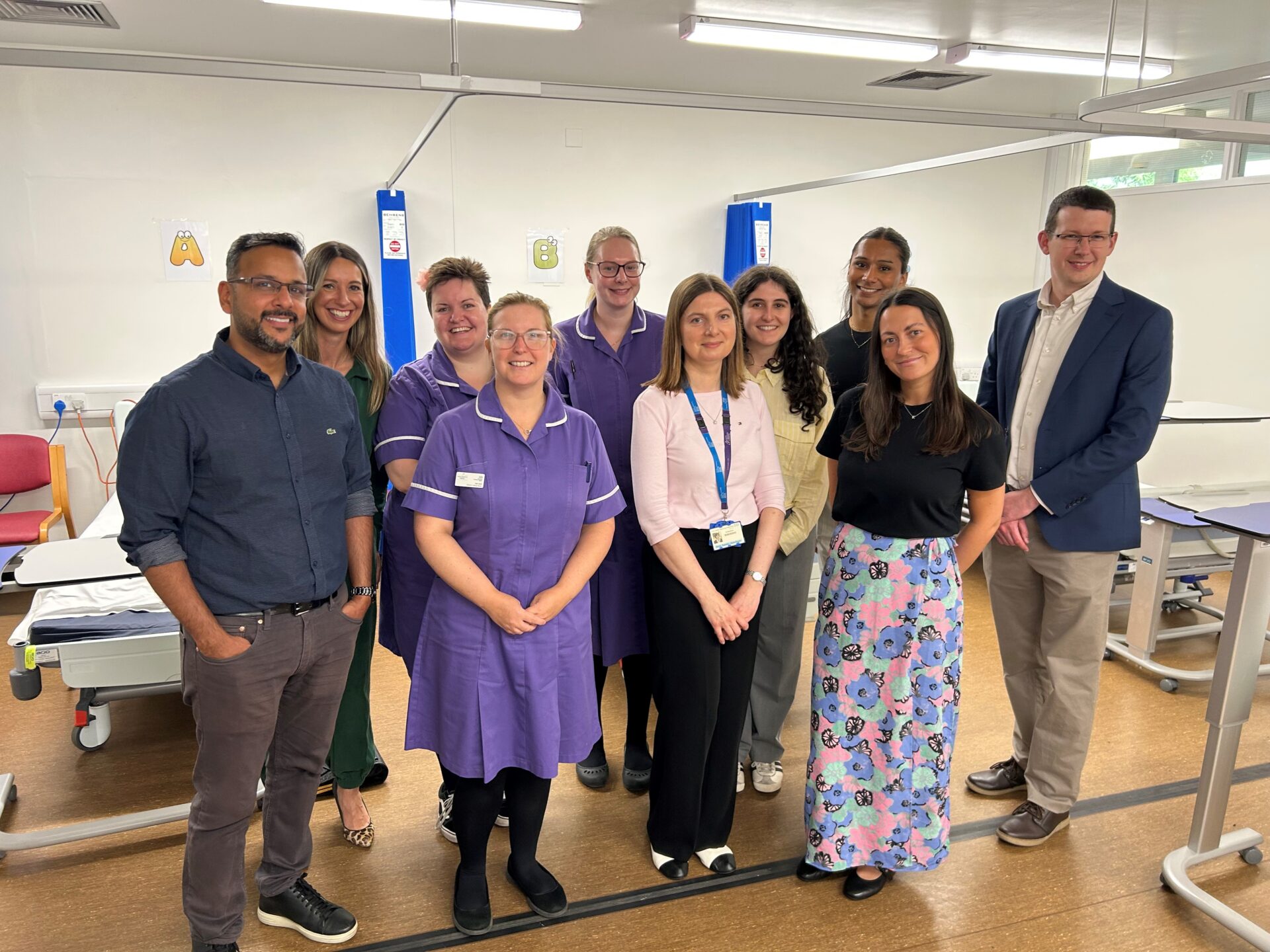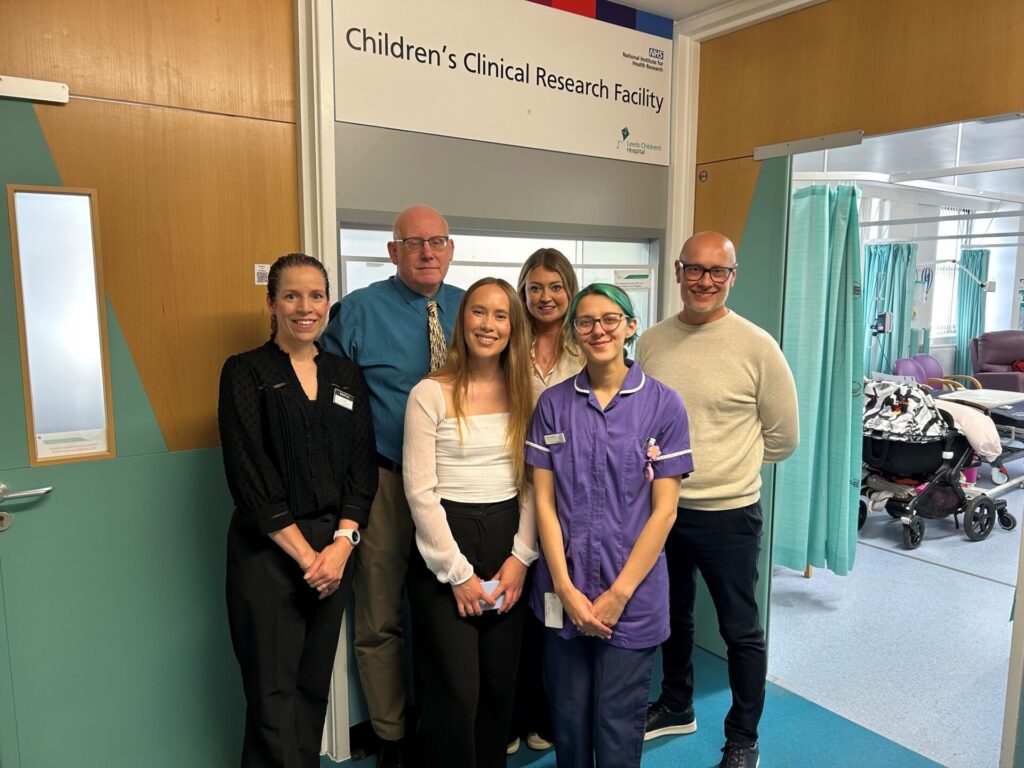The NIHR Leeds Clinical Research Facility is helping to shape the future of healthcare. In this blog post, Prof Chris Twelves, Clinical Director at the CRF, outlines what advanced therapies are, why they matter, and how the CRF is supporting their safe and effective development for patients.
What are Advanced Therapies?
Advanced therapies or Advanced Therapies Medicinal Products (ATMPs) are umbrella terms describing treatments that work at the level of cells, tissues, or genetic material. These therapies can offer long-lasting benefits and in some cases, the potential for cure. They are already showing important benefits in people with blood cancers, but are now reaching into other areas.
“Advanced therapies represent some of the most innovative areas of modern medicine. They aim to repair, replace, or restore biological function in ways that were previously impossible. At the CRF we are supporting the development and delivery of these cutting-edge approaches to improve patient outcomes.”
Advanced therapies include:
- Cell therapies: using living cells to prevent, treat, or cure disease
- Gene therapies: introducing or modifying genes to address underlying causes of illness
- Tissue-engineered therapies: using engineered tissues to repair or replace damaged structures
- Combined or next-generation approaches: including engineered immune cells, cancer-targeting viruses, and virus-based vaccine platforms
These approaches are increasingly used to treat cancers, inherited diseases, immune disorders and other hard-to-treat conditions.
Advanced Therapy research
The CRF supports early-phase clinical trials involving advanced therapies and ATMPs. Working with colleagues, our specialist teams provide the facilities, governance and expertise to support safe delivery of complex studies.
We support ATMP trials including those involving CAR-T cell therapies and oncolytic viruses.
Extending the impact and reach of CAR-T cell therapies
In haematology, Dr Frances Seymour is leading clinical trials of CAR-T cells in multiple myeloma and Dr Jonathan Carmichael is working closely with Professor Francesco Del Galdo and the rheumatology team investigating novel immunotherapies in treating autoimmune diseases. This work is further strengthened by Hannah Newman, Lead Nurse for the St James’s University Hospital CRF, who brings extensive experience in haematology clinical trials.
Leading centre for oncolytic virus research
Over many years Leeds has played a major role in advancing oncolytic virus therapy. In trials we have given oncolytic viruses directly into tumours or intravenously, in patients with a range of different cancers and the virus given either alone or in combination with other ant-cancer treatments. Working with Prof Adel Samson, clinical and scientific partners, and commercial sponsors the CRF has supported studies that have helped shape the field.
“Key achievements include demonstrating that oncolytic viruses can be delivered intravenously, showing benefits when combined with immunotherapies and supporting studies that have produced durable tumour responses in melanoma and liver cancer.”
Our commitment
“Advanced therapies offer new hope for people with conditions that are difficult to treat. At the NIHR Leeds CRF, we are committed to accelerating the safe development of these life-changing innovations.”




















